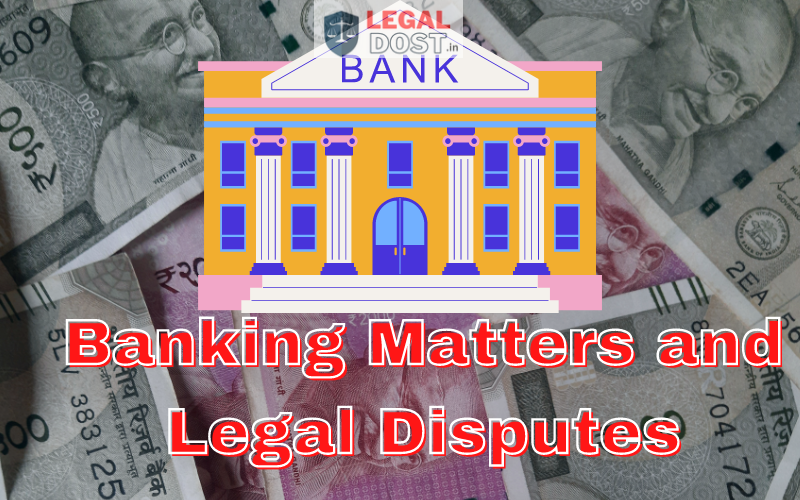If you’re a business owner or individual in India, it’s likely that you’ve had to deal with some form of banking or legal issue at some point. Whether it’s a dispute with a financial institution or a disagreement with a business partner, these types of issues can be stressful and time-consuming to resolve.
Here are some expert tips to help you navigate banking matters and legal disputes in India:
1. Understand your rights and responsibilities
Before you can effectively handle a banking or legal dispute, it’s important to understand your rights and responsibilities. This includes knowing what the laws and regulations are in India related to your specific issue, as well as your own obligations and limitations.
One way to gain this understanding is to consult with a lawyer or legal expert. They can provide guidance on your rights and responsibilities, as well as advise you on the best course of action to take.
2. Gather all relevant documentation
If you’re involved in a banking or legal dispute, it’s essential to have all the necessary documentation on hand. This includes contracts, receipts, correspondence, and any other relevant papers.
Having this documentation will not only help you make your case, but it will also make it easier for you to understand the specifics of your dispute. It’s important to keep track of all your documents and keep them organized, as they can be crucial in resolving the issue.
3. Try to resolve the issue through negotiation
Before considering more formal legal action, it’s often best to try to resolve the issue through negotiation. This can be done directly with the other party involved or with the help of a mediator or arbitrator.
Negotiations can be an effective way to come to a mutually satisfactory resolution and avoid the time and cost of going to court. It’s important to approach negotiations in a calm and professional manner and be open to compromise.
4. Consider alternative dispute resolution options
If negotiations are unsuccessful, there are several alternative dispute resolution options available in India. These include mediation, arbitration, and conciliation.
Mediation involves the use of a neutral third party to help facilitate a resolution between the two parties. It’s a less formal and often less expensive option than going to court.
Arbitration involves the use of an arbitrator, who is a neutral third party, to make a binding decision on the dispute. It’s a more formal process than mediation and is often used in cases where the parties involved have a pre-existing arbitration agreement.
Conciliation is similar to mediation, but the conciliator has more power to make recommendations to the parties involved. It’s often used in cases where the parties have a long-standing relationship and want to preserve it.
5. Know when to seek legal action
If all other options have been exhausted and the issue remains unresolved, it may be necessary to seek legal action. This could involve filing a lawsuit or seeking a court-ordered resolution.
It’s important to keep in mind that legal action can be time-consuming and costly, so it’s generally a good idea to try to resolve the issue through other means first. However, if you feel that your rights or interests are being violated and you have a strong case, legal action may be necessary.
Conclusion
Banking and legal issues can be stressful and overwhelming, but by understanding your rights and responsibilities, gathering relevant documentation, and trying to resolve the issue through negotiation or alternative dispute resolution options, you can effectively handle these types of disputes in India. If all else fails, seek legal action as a last resort.
Remember, it’s always a good idea to consult with a lawyer or legal expert if you’re uncertain about how to proceed in a banking or legal matter. They can provide valuable guidance and assistance throughout the process.
In summary, to handle banking and legal disputes in India, you should:
- Understand your rights and responsibilities
- Gather all relevant documentation
- Try to resolve the issue through negotiation
- Consider alternative dispute resolution options
- Know when to seek legal action
By following these tips, you’ll be better prepared to handle any banking or legal issues that may arise in your business or personal life.
Bibhu Mishra is a prolific writer who has published many books spanning various genres. He is a legal enthusiast and an avid researcher of cutting-edge technology, diving into fascinating realms to bring captivating narratives to life.

